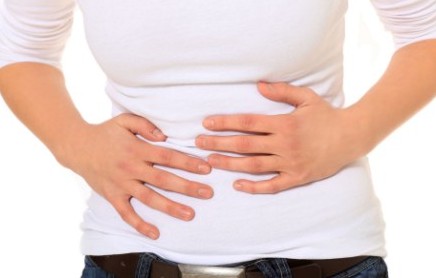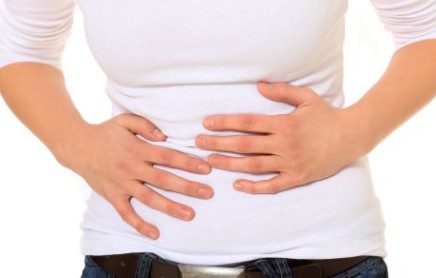It is vital to understand how the human digestive system works. Firstly, most of the nutrients from the food that are consumed are absorbed by the small intestine. Next, the small intestine releases liquid and fiber into the large intestine, where the process of formation of stool takes place. Liquid is drawn out once the fecal matter passes through the large intestine, forming a normal stool which through a bowel movement is thrown out of the body. Hard and dry stools are formed if this fecal matter is present for too long in the lower part of the large intestine.
What is IBS?
IBS stands for Irritable Bowel Syndrome. It is a common disorder of a large intestine leading to cramps, abdominal pain, gas, diarrhea or constipation. Some people with IBS have infrequent bowel movement resulting in hard stools.

Causes of hard stools
- Diet
Low fiber food and inadequate water intake can cause hard stools. Few examples of food that are low in fiber are fats, refined sugar, white carbohydrates such as white bread, eggs, white rice, pasta, fruits without skins ,meat, canned vegetables and fruits, fruit juice without pulp, processed food etc.
- Medications
Medicines like antidepressants, codeine, morphine and calcium channel blockers causes hard stools. Strong pain medicines, such as narcotics or iron pills also cause constipation. Constipation is caused by some antacid medicines containing calcium or aluminum. Overuse of laxatives also weakens the bowel muscles thus resulting in constipation or hard stools.
- Pregnancy
During pregnancy, there is an increase in the hormone called progesterone. This hormone is responsible for relaxation of muscles throughout the body, including the digestive tract. Increase in it causes constipation and hard stools because the food passes through the intestines more slowly. The problem increases in the later stage of pregnancy because of the pressure of growing uterus on the rectum. Iron supplements given to women during pregnancy can make constipation worse if taken in high doses.
- Other causes
- Stress
- Inactivity / Lack of exercise
- Travel
- The normal aging process
- Changes in your daily schedule
- Resisting the urge of using the washroom when you have to
Hard stools for different age groups
Older people become too concerned with their daily bowel movement. Constipation in this age group is overestimated. Infant constipation is quite common. Infants have a thick, green-black stool when they are born. It is stored in their intestines before they are born. The stool becomes more yellow-green with regular feeding. Most infants have stools daily, but some may have in every two to three days. Babies who are formula-fed have drier, less frequent stools than the babies who are breastfed. One of the other reasons of infant constipation may be that the baby has a tight or small anus or there is an allergy or sensitivity in the anal region.
When to visit a doctor
- If the condition continues for two weeks
- If there is blood in stool
- If there is abdominal swelling of the belly
- Weight loss without any efforts
Remedies for softening of stools
- Natural
- Increasing intake of fiber in diet. Cereals and grains are high in fiber content. Barley is a must for people suffering from constipation.
- Increasing water content helps in softening of stool. A general intake of water must be 3 to 4 liters daily. It moisturizes the intestine and keeps the stool soft.
- Eat a good amount of vegetables and fruits daily. Fruits like apples, berries, oranges, apricots, corns, carrots, peas, raisins etc. should be a choice to avoid hard stools.
- Sesame seeds are another good option which are high in fiber and eases the eradication of waste.
- Physical exercise is a good way of being healthy. It helps in digestion and softens the stool with regular bowel movement.
- Reduce the intake of refined foods; rather go for less refined food stuffs. Switch to whole grain products from products made with white flour.
- Occasional consumption of molasses can keep the bowel movement regular. This can be taken by mixing it in juice, milk or any other liquid laxative.
- Honey is also a mild laxative and can be taken by itself or with warm water.
- Consumption of coffee also stimulates the digestive tract. Hence one cup of coffee in morning can be beneficial for constipation.
- Check for your medications as some of the medicines causes constipation. Read the label and enquire about it either with the pharmacist or the doctor if it can be the cause of the constipation.
- Maintain a routine in daily life as too many changes in it may lead to constipation.
- Medical
- Laxatives such as Metamucil, Citrucel, Colace, and Milk of Magnesia can be taken occasionally.
- Some other medications that are prescribed for softening of stool are Cephula, Chronulac, Constulose, Duphalac, Enulose, and Lacunose. Lacunose is a laxative which softens the stool by drawing water in it.
- Miralax, Glycolax. This drug softens the stools by retaining the water in the stool.


